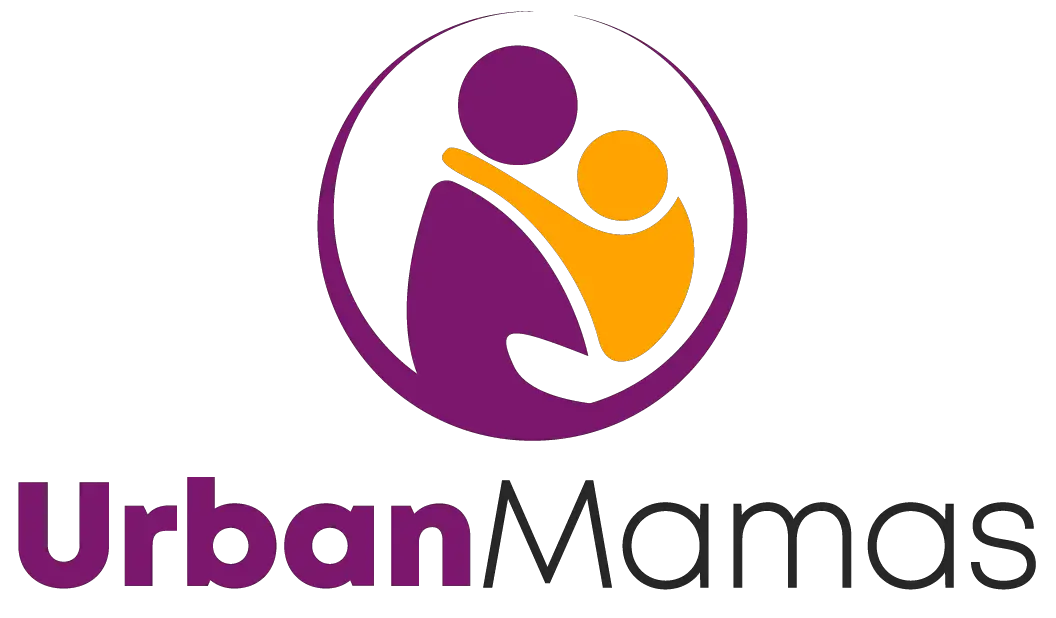Table of Contents
Introduction
Once you know how to bottle feed a baby properly, you will begin to do it like a pro. And as you watch your baby evolve, such as sitting, crawling, and grasping toys, you will want to know when your baby begins to feed him or herself. Not when it comes to baby food, as you cannot expect your infant to provide themselves independently by using utensils until toddlerhood. However, the one thing you will want to know is when the baby can hold the bottle.
Your baby will get to the point of holding his or her bottle independently at the right time. Rest assured, you will not be feeding your baby forever. Your hands will be free again! Now, let’s look at the realistic timeframe when the baby can hold the bottle for themselves and other signs to indicate that.
When Does The Baby Usually Hold Their Bottle?
Parents of newborns and young babies want to know when to expect the baby to hold their bottle in the not too distant future. If you are one of the parents asking, ‘when does the baby hold the bottle independently,’ then you will learn the realistic timeline of when to expect that milestone to occur.
The timeframe to expect your infant to begin holding their bottle is anywhere from the ages of six to ten months old. That is when the baby’s development is far enough along for them to do more things independently. And that is the timeframe of when so many other milestones appear as well.
During that timeframe, most infants will begin to sit independently, crawl, have their first set of teeth erupt, and start eating solids. Early signs of speech also appear, such as babbling, and they are like sponges when it comes to learning new things. However, infants with special needs or developmental delay will not hold their bottles until much later. There are signs to look for that are indicative of the infant being ready to keep the bottle.
What Are The Signs To Look For That Shows You That The Infant Is Ready To Hold Their Bottle?
You want to know when the baby can hold their own bottle, and there are signs to look for that will indicate their readiness for that stage. Your infant must have advanced fine and gross motor skill development to hold their bottle and feed themselves. There are milestones that your baby would have to hit to indicate that.
For starters, your baby must be able to sit up for ten minutes independently. If your baby can sit up for that length of time, it shows they can stabilize themselves pretty well. And another significant sign to look for that shows your baby can feed themselves independently is if they can grasp a toy well. And the baby must be able to gnaw the toy they hold as well.
If your baby can hold and gnaw at the toy, then that is a sign they can multitask. Teething infants will do that as well, but that is a milestone in itself for the baby. And another sign to look out for that shows the baby can feed themselves with the bottle because they reach for the bottle during the bottle feeding.
When the baby reaches for the bottle, they begin associating the bottle with food. That is the time to start to encourage your baby to feed themselves.
How Do You Encourage Your Baby To Feed From The Bottle?
There are several things you can do to encourage your baby to feed themselves from the bottle. Firstly, when you position your baby in your arms before feeding, guide your baby’s hands to the bottle, and allow your baby to hold it as you still do the feeding. You also want to encourage plenty of supervised tummy time to increase the baby’s core strength.
And while your infant sits independently, bring them safe toys or teethers to their mouth. Then encourage your baby to hold it as they suck on it. Do it as often as possible as it will help the baby use the same facial and neck muscles required for holding and drinking from the bottle. The more you encourage your infant to drink independently, the earlier they will be ready to do that.
Conclusion
The one thing that you look forward to when you have a newborn or a very young baby is the day they begin to do things independently. The day they can feed themselves alone sounds like a dream for parents of very young infants. That means they will know their babies can eat or drink their milk when the parents can free their hands. However, the day that happens is the day when the baby is cognitively, physically, and emotionally ready to hold their bottle.
Infants must hit several milestones before they can achieve that goal. That means they must have the ability to sit up independently and grasp and chew on toys at the same time. Then that is the time they can start to hold their bottle and feed themselves.

